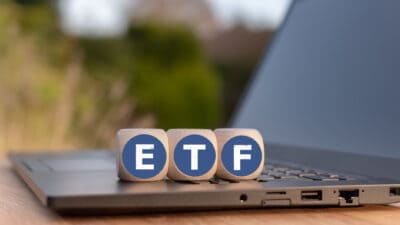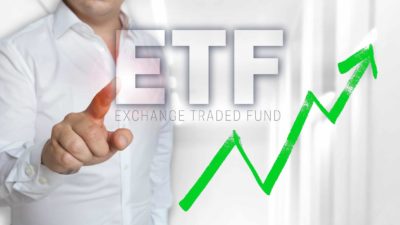The exchange-traded fund (ETF) Vanguard US Total Market Shares Index ETF (ASX: VTS) is one of the most popular ETFs around – the ETF size was $3 billion at the end of February 2023.
It provides exposure to some of the world's largest companies, listed in the US. Vanguard US Total Market Shares Index ETF aims to offer "low-cost access to a broadly diversified range of securities that allows investors to participate in their long-term growth potential".
There are a few good reasons to consider the ETF, which is why I think it's a good buy for the long term.
Diversification
I think this is one of the most diversified ETFs around. It has around 4,000 holdings in the portfolio. Just having 100 holdings is ample diversification as long as the businesses are spread across different sectors. To have 4,000 positions is significant.
While all of the businesses are listed in the US, the companies' underlying earnings come from across the world. Just picture a business like McDonald's – it generates earnings from more than 100 countries.
I like the diversification of the sector allocation too. Technology is a growth area, so it's good that the Vanguard US Total Market Shares Index ETF has a tech share weighting of 23.4%. Other sectors that have sizeable allocations include healthcare (15%), industrials (13.7%), consumer discretionary (13.2%), financials (11.9%), consumer staples (6%), and energy (5.3%).
Growth
I think the ETF has good growth potential, as it has already demonstrated. Over the past five years, it has returned an average of 12.6% per annum.
In my opinion, names like Apple, Microsoft, Alphabet, Amazon.com, and Berkshire Hathaway can continue to deliver above-average growth over the long term.
Many of the ETF's larger holdings are targeting a global market, giving them huge target markets. The longer the runway, the more the businesses can potentially rise.
By holding around 4,000 businesses, the fund is also potentially invested in the next business that's going to storm higher.
Low fees
The Vanguard US Total Market Shares Index ETF has an extremely low management fee of just 0.03%. That's essentially nothing. Almost all of the gross returns turn into net returns thanks to the very reasonable fee.
There are very few ETFs on the ASX that can compete with that cheap price. The iShares S&P 500 ETF (ASX: IVV) has an annual management fee of just 0.04%. The BetaShares Australia 200 ETF (ASX: A200) also has an annual management fee of 0.04%.
Foolish takeaway
I think that Vanguard US Total Market Shares Index ETF is one of the most effective ways to invest in international shares. The fact that the portfolio is regularly changing means investors don't need to worry about what to buy or sell with this investment.









